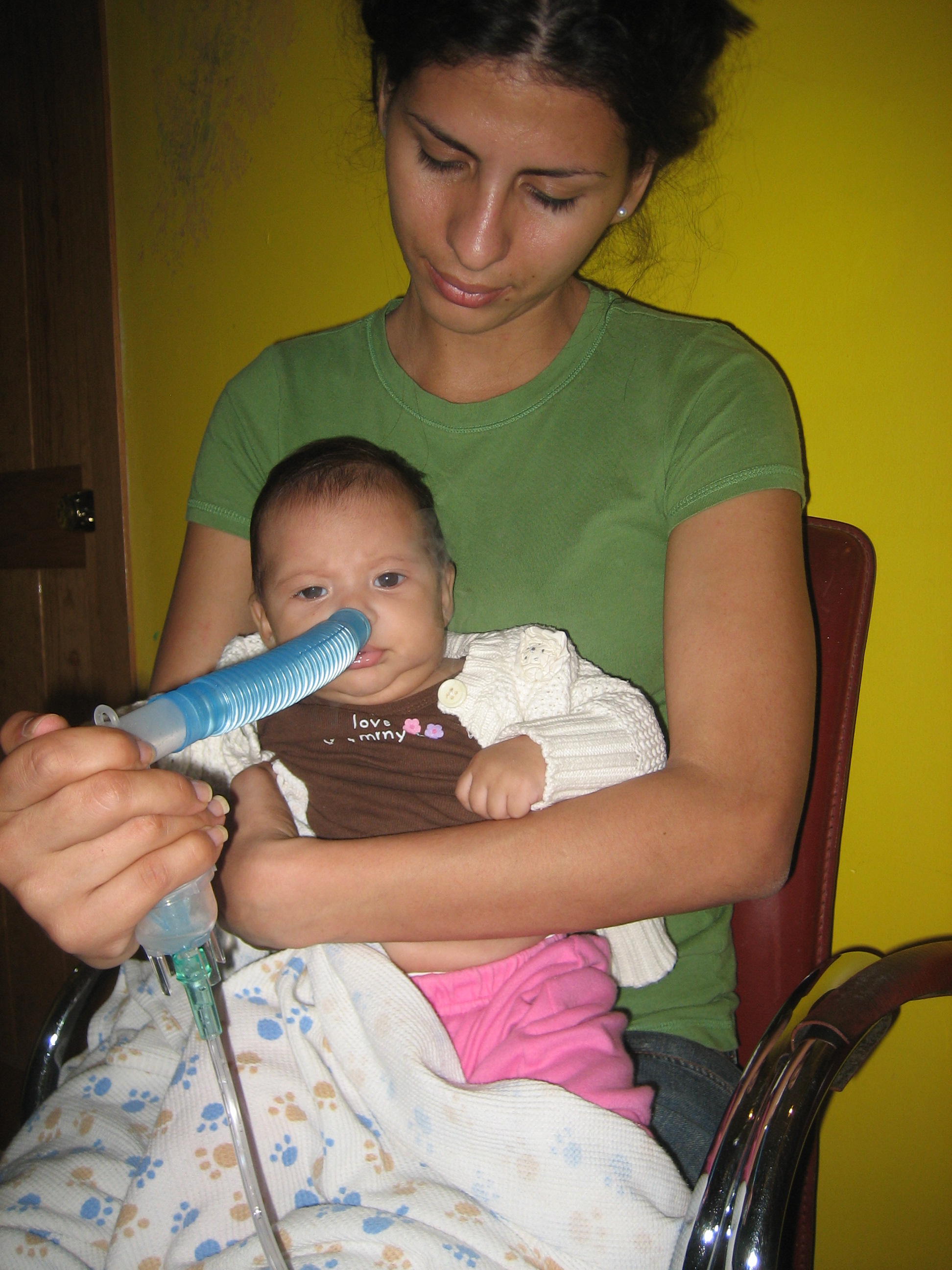2/21/12 Posted by Neelu Ghaderi, MD (a third year pediatric resident from Kaiser Permanente, Oakland) currently serving a global health…
Honduras, Weeks 2 & 3
3/12/12
Posted by Hadia Siddiqui, MD (a third year pediatric resident from Kaiser Permanente, Oakland) while serving a global health elective in Roatan, Honduras at Clinica Esperanza.
Honduras Week 2
It’s the end of my second week here and so far I have learned a great deal about the locals and the standards of medical practice. Working in a resource limited setting has it’s many challenges but also offers many wonderful rewards. You quickly learn that the history and physical exam are your best diagnostic tools. Of course this was one of the most fundamental teachings in medical school but can easily be underrated in our practice with the plethora of diagnostic tests to guide us. Every time I think of getting a test here, I have to ask myself, “is it going to change my management?” Is it really worth the cost to a family who barely makes $50 per week or the burden of getting to an outside lab? Fortunately, the clinic offers several important labs for a very reasonable price, such as a CBC with a differential, stool O&P, UA, and HIV testing to name a few. There is no CT scanner or MRI machine on the island so patients would have to go to mainland Honduras for CTs. The one X-ray machine on the island has been out of service for the past week. There was a young lady who presented with a pus oozing sore on her shin for two months despite being treated for cellulitis initially. We advised her to get an x-ray to rule out osteomyelitis but I was skeptical she would go, not because she was being careless but because getting the study would pose a large burden. People here put a lot of faith in antibiotics, which are rather liberally prescribed and can even be obtained without a prescription. I am still worried about her but hoping that she just had a bad skin infection that will get better with a 14 day course of Septra.
One of our chief responsibilities as doctors is to educate our patients and families. I am constantly giving anticipatory guides to my patients and parents but here the challenge for me is deciding what would be culturally and geographically sound guidance. In my first week, I felt a bit lost and found some parents looking at me like they were getting the silliest advice in the world. “Make sure you put your baby down to sleep on her back in her own separate crib,” is something I often tell parents of newborns. In Roatan, I learned most parents co-bedded with their infants and children because they simply had one bed. I can’t change this but can still discuss safe practices with a growing cultural understanding.
If time permits, I often try to take a social history, which has proven to be valuable and fascinating. You hear about people taking the bus for 2 hours to get to the clinic and sacrificing a whole day of work. Often children are brought in by their extended family or grandparents. One little boy was brought in for multiple medical problems. Halfway into my history, I learned that the good natured, middle aged woman he was with was not his mother but the caregiver at a local orphanage. She had found him abandoned at a gas station for one whole week by his mother who was reported to be a drug abuser. He, unlike many of the other 6 year olds I had encountered was extremely withdrawn and would not utter a word to me. When asked a question, he would look at his caregiver as if to ask for approval and then shy away from giving an answer. He was dressed in the nicest clothes he probably possessed, shiny, black dress shoes, a white tank top, and beige slacks but hiding underneath it all were numerous large scars, probably from years of neglect and abuse. One could only assume, since his story was still a mystery that he will hopefully feel comfortable talking about one day.
Honduras Week 3
I can’t believe this is our last week in Roatan. Time passed a lot faster than I anticipated. This week, I realized that most patients come to the clinic with a preconceived notion that every ailment will be treated with some form of medication, often antibiotics. This notion is probably perpetuated by the liberal use of antibiotics, often for the common cold. Therefore, explaining to patients that their child had a viral illness had to be followed by discussing why antibiotics are not needed and the risks of using OTC cold medications for young children can cause more harm than good. Despite this, a few patients were disgruntled and will probably not return to me if they had the choice. When Neelu and I spoke with the clinic attendings, they were on our side and agreed that they would probably not give antibiotics but sometimes it’s hard to tell if the child will progress to a bacterial infection and was not preemptively addressed at their only point of care. There is also the concern that patients would lose faith in the clinic and go to another doctor who would readily prescribe a medication that may pose more risk. Indeed it’s a hard decision, but Dr. Solis, the clinic pediatrician, appreciated our feedback. I have a great deal of respect for him and the other doctors at the clinic as they are highly skilled practitioners with a great deal of experience. It will be hard to say goodbye but I look forward to going back home.


This Post Has 0 Comments